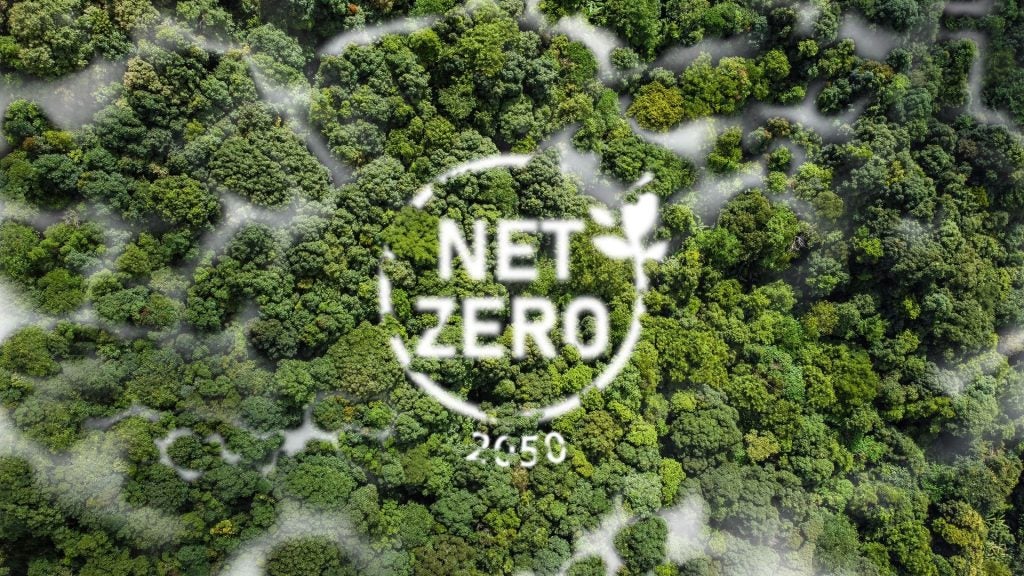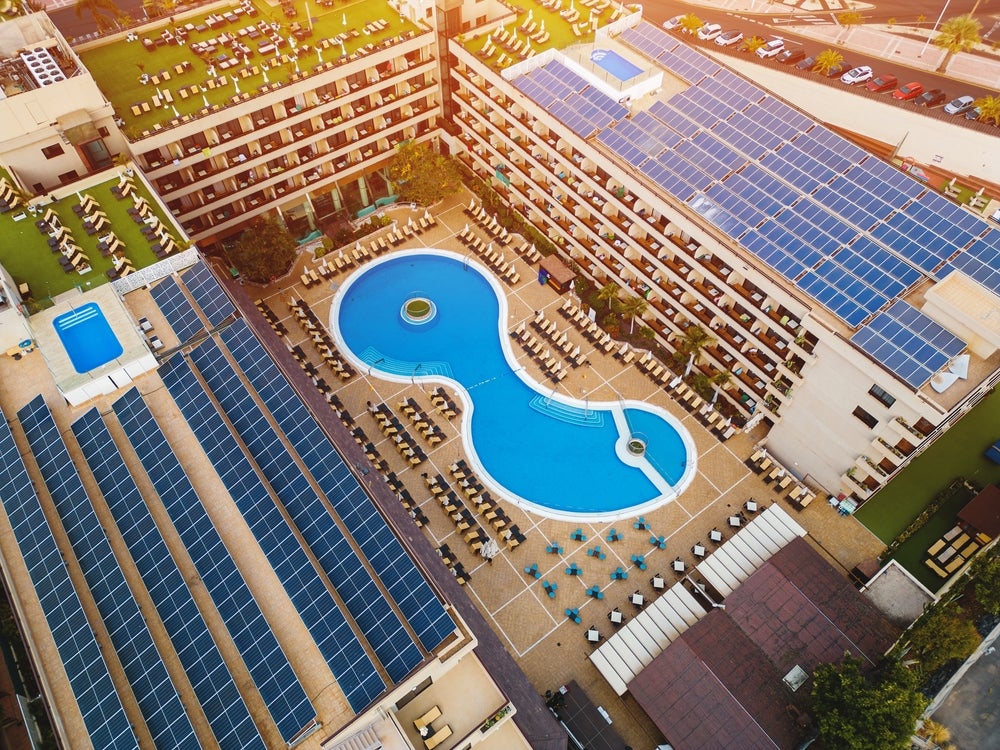Hospitality giant Marriott International has taken a significant step towards reducing its environmental impact by receiving approval for its science-based net zero emissions reduction targets from the Science Based Targets initiative (SBTi).
Marriott claims this makes it the world's largest hospitality company with verified near-term and long-term emissions goals.
The company aims to cut its absolute greenhouse gas (GHG) emissions by 46.2% by 2030 from a 2019 base year. This includes both direct emissions from its operations (Scope 1 & 2) and indirect emissions from its supply chain and guest activities (Scope 3).
Marriott also plans to push its suppliers to set their own science-based emissions targets, with a goal of having 22% of its suppliers by emissions on board by 2028.
By 2050, Marriott has set an even more ambitious target: achieving net-zero emissions across its entire value chain. This means a 90% reduction in both its direct and indirect emissions.
Marriott said it is focusing on three key areas to achieve its net zero goals:
- Energy reduction: The company is implementing various initiatives to make its hotels more energy-efficient, such as conducting energy audits and using energy-saving technologies.
- Renewable energy: Marriott said it is committed to sourcing more of its energy from renewable sources like solar and wind power.
- Sustainable procurement: The company is working with suppliers to reduce the carbon footprint of the goods and services it purchases.
Marriott has already made significant progress in its sustainability efforts. The company has launched a Climate Action Program that sets specific emissions reduction targets for each of its properties.
Additionally, Marriott has developed a platform for its hotels to track and manage their energy and water consumption.
Marriott's sustainability strategy aligns with the United Nations Sustainable Development Goals (SDGs), focusing on environmental and social responsibility. The company's Serve 360 platform guides its efforts to make a positive impact on the communities it operates in.
By setting ambitious emissions reduction targets and implementing a comprehensive sustainability strategy, Marriott International is taking a leadership role in the hospitality industry. The company's commitment to net-zero emissions by 2050 demonstrates its dedication to building a more sustainable future for travel.















